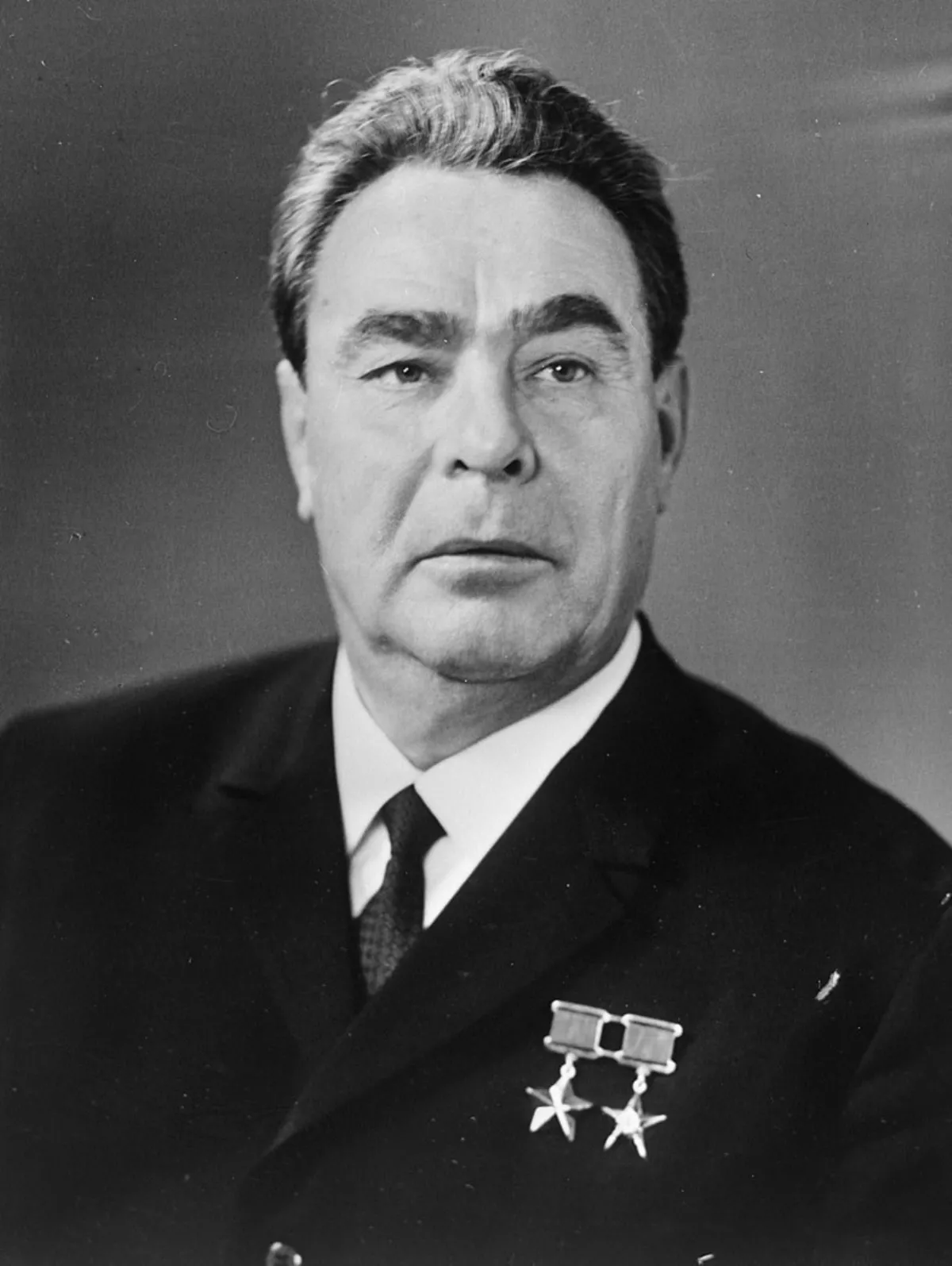 1.
1. Leonid Ilyich Brezhnev was a Soviet politician who served as the General Secretary of the Communist Party of the Soviet Union from 1964 until his death in 1982 as well as the Chairman of the Presidium of the Supreme Soviet from 1960 to 1964 and again from 1977 to 1982.